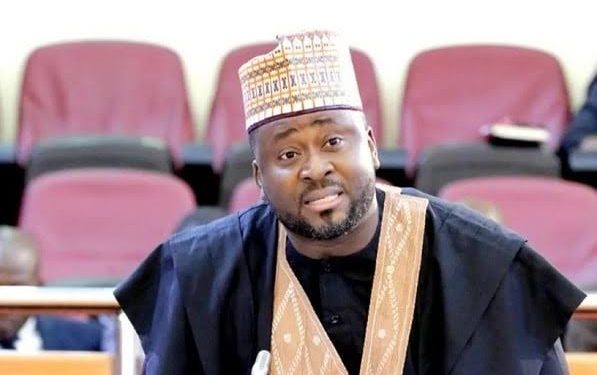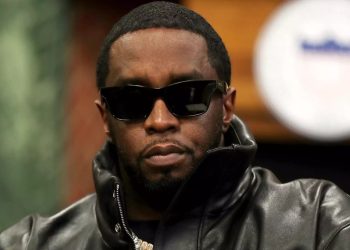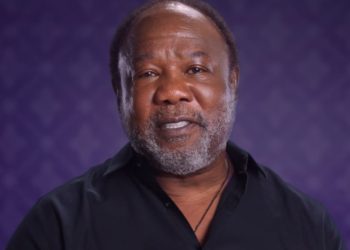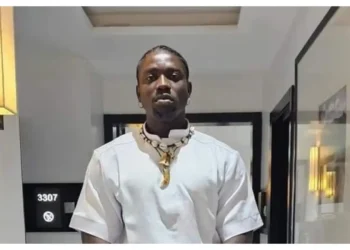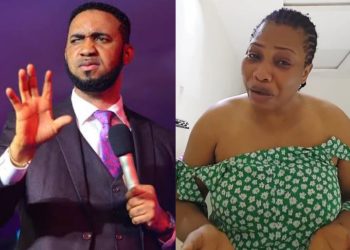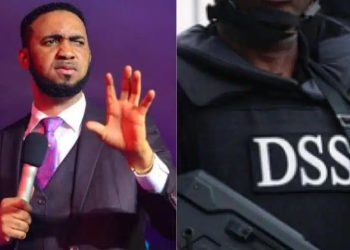Nollywood actor turned politician, Desmond Elliot, has opened up about the pivotal moments that shaped his entry into Nigerian politics, including the role played by former Edo State Governor Adams Oshiomhole, and a life-threatening experience during the #EndSARS protests.
Speaking in a recent interview with media personality Chude Jideonwo, Elliot recounted the day his political destiny took a defining turn.
“One day, Oshiomhole took me to Asiwaju and said, ‘This is my son, and he’s interested in politics.’ Asiwaju looked at me and said he knew me already and liked me — it was still a surprise to me,” Elliot shared, reflecting on how Oshiomhole introduced him to President Bola Tinubu, fondly referred to as Asiwaju.
The actor-turned-lawmaker, who has served multiple terms in the Lagos State House of Assembly representing Surulere, expressed gratitude for the mentorship and support that ushered him into the complex world of Nigerian politics.
Running Against a Fellow Actor
Desmond also touched on a more recent and personal political experience — his 2023 electoral battle against fellow actor Olumide Oworu, who challenged him under the Labour Party banner.
While the contest sparked widespread public attention and online debate, Elliot maintained that he bore no ill will toward his younger colleague.
“I wasn’t upset with him,” he clarified. “I was hurt by the veterans who endorsed him.”
Though he didn’t name names, the sentiment alluded to a feeling of betrayal from senior colleagues in Nollywood who supported his rival during the heated campaign season.
A Close Call During #EndSARS
The conversation took a more somber tone as Desmond reflected on a near-death experience during the nationwide #EndSARS protests in 2020; a movement that called for the dissolution of the Special Anti-Robbery Squad (SARS) over widespread allegations of police brutality and abuse.
According to Elliot, he narrowly escaped an attack by unknown assailants while fulfilling his duties as a lawmaker amid growing tensions in Lagos. The protest, which began as a youth-led movement, eventually morphed into a national reckoning that shook the political elite.
During the same period, Desmond Elliot faced backlash from Nigerian youths after a controversial plenary session where he referred to young protesters as “children,” a comment that trended widely and sparked heavy criticism on social media.
Despite the turbulence, Elliot appears to have emerged with a deeper understanding of the expectations placed on public figures especially those transitioning from entertainment into politics.


